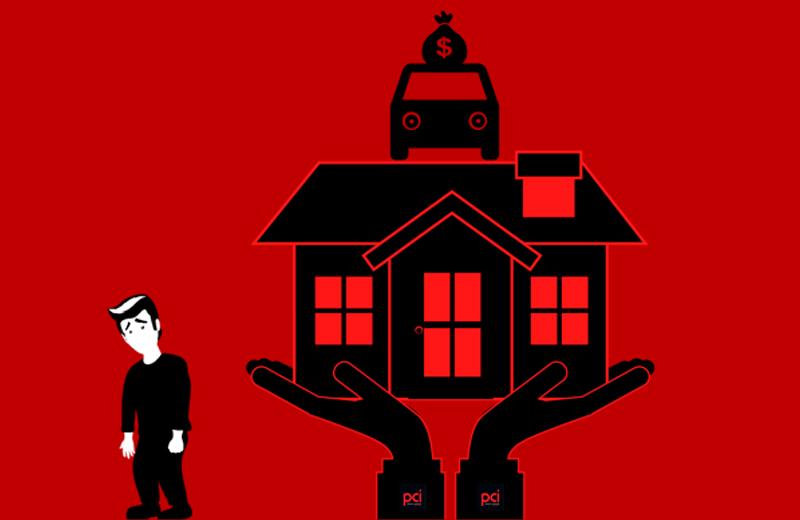
Bankruptcy and inheritances – february 2020
Feb 12 2020
Does Bankruptcy Mean I Will Lose My Inheritance?
The simple answer is yes.
Section 58 of the Bankruptcy Act provides that the property of a bankrupt which is not exempt vests in the Trustee as at the date of bankruptcy..
Further, property which is acquired by the bankrupt prior to being discharged also vests in the Trustee.
The Bankruptcy Act provides that “after acquired property” in relation to a bankrupt means property which is acquired by or devolves upon the bankrupt on or after the date of bankruptcy.
The right to receive monies or property pursuant to a will is not exempt property as described in Section 116 of the Act.
The right which a bankrupt has is the right to due administration under the will, which is a right that vests in the Trustee in Bankruptcy as soon as it vests in the bankrupt beneficiary.
Accordingly, any amounts received by a bankrupt will automatically become the property of the Trustee if the entitlement vested in the bankrupt during the period prior to bankruptcy, or up until the time the bankrupt was discharged.
Further, Section 77(1)(f) of the Bankruptcy Act imposes an obligation on the bankrupt to inform the Trustee as soon as property is acquired.
Often however, this does not occur, and a number of bankrupts have found themselves in court facing serious penalties including fines, community service and even jail time (although the sentence was suspended).
In almost all of these cases, the fact that a bankrupt has become entitled to an inheritance, and those monies end up in the hands of their Trustee, or creditors, is an unintended consequence which could have been avoided with better estate planning.
Firstly, upon becoming bankrupt, there is no reason why an unselfish bankrupt could not ask to be excluded from a will (prior to death) in order to improve the distributions being made to other beneficiaries, thus avoiding the circumstance of the deceased’s assets finding their way to the creditors of the bankrupt beneficiary.
Section 302B of the Bankruptcy Act operates to prevent any provisions being created in a will which would seek to cancel any entitlement of a bankrupt beneficiary purely on the basis that they were bankrupt, however there are potentially other means to achieve that purpose.
The creation of a discretionary testamentary trust will operate to provide discretion to the executor as to how the estate should be distributed, and guidance may be given as to what may happen if a beneficiary is bankrupt.
It has been recognised that a bankrupt's status as a beneficiary of a discretionary trust is not the property of the bankrupt, rather it is a 'mere expectancy' and therefore, does not vest in the trustee (Dwyer v Ross (1992) 34 FCR 463).
So, the important issues to remember are: -
- If you are bankrupt, or advising a bankrupt, give consideration as to whether an approach needs to be made to a party to change the contents of their will. It’s a difficult discussion but failure to do so can have disastrous consequences.
- If you become entitled to an inheritance during the course of your bankruptcy, failure to make the proper disclosure to your Trustee can give rise to significant penalties.
- You should take appropriate expert advice in relation to any provisions made in a will concerning a beneficiary who is bankrupt or is at high risk of becoming insolvent.
All material contained in this newsletter is written by way of general comment. No material should be accepted as authoritative advice and any reader wishing to act upon the material should first contact our office for properly considered professional advice which will take into account your own specific conditions. No responsibility is accepted for any action taken without advice by readers of the material contained herein.
Liability limited by a Scheme approved under Professional Standards Legislation.
John Melluish Partner 02 9299 1840 jmelluish@pcipartners.com.au